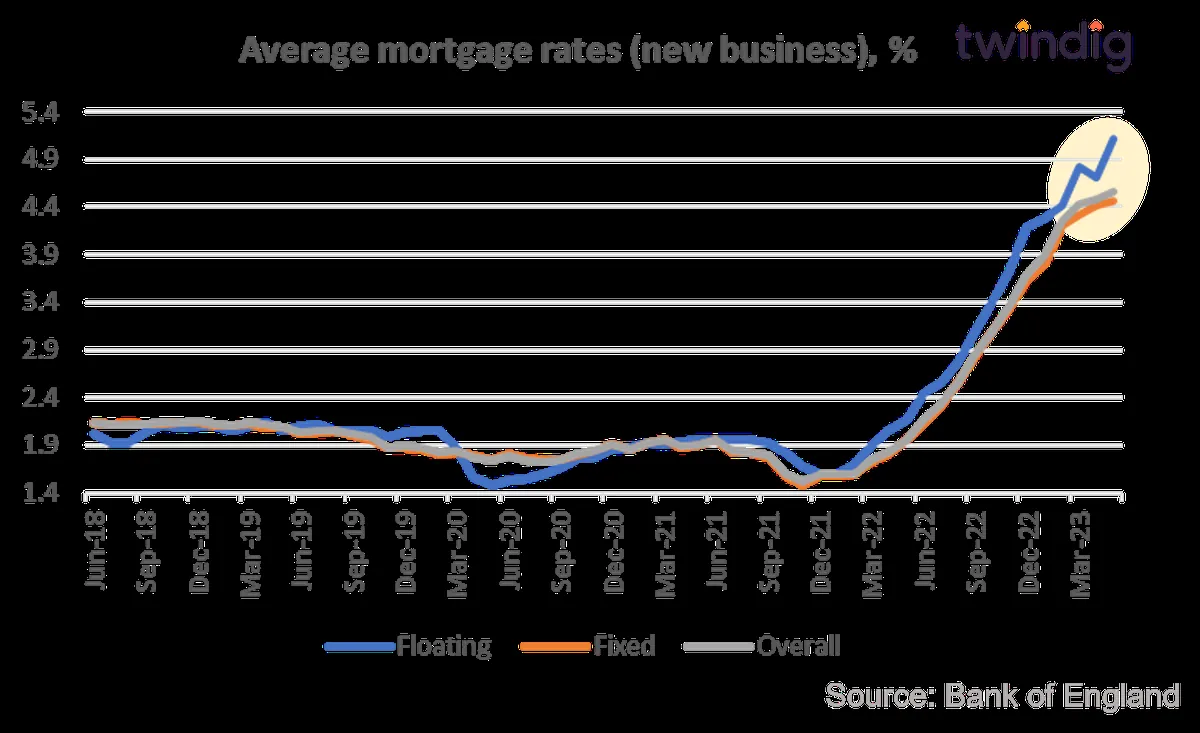UK firms plan massive hiring cuts after new tax changes shock business leaders
Recent CBI survey shows most companies will reduce employment after new budget announcements. Business leaders prepare to confront government officials about rising costs and inevitable job-cuts

A new-wave of hiring freezes hits UK companies as recent budget changes force employers into cost-cutting mode. According to a nation-wide poll by CBI about two-thirds of firms plan to cut-back on recruitment‚ while nearly half expect to reduce their current workforce
The CBIʼs chief Rain Newton-Smith will speak at todays conference (which Rachel Reeves is set to attend) about the unexpected employer tax changes: their survey shows 62% of business-leaders are planning to slow-down hiring. Many companies dont plan to give pay-rises‚ and some will need to let workers go
When you hit profits‚ you hit competitiveness‚ you hit investment‚ you hit growth
The governments new rules will change how much employers pay for National Insurance dropping the threshold from £9‚100 to £5‚000 next spring. This change along with new minimum-wage rules will cost UK businesses about £7bn; retail sector is getting hit particularly hard
- Primark
- Sainsburys
- Tesco
- M&S
- Boots
These major retailers are meeting with small-business minister Gareth Thomas tomorrow to discuss their concerns. The retail giants say they might struggle to keep investing in less-wealthy areas due to rising costs. About 60% of firms think these changes make UK less attractive for business growth - especially affecting retail and hospitality sectors which are now in crisis-management mode
The governments white paper coming out tomorrow aims to boost employment rates to 80% but business groups say the new £25bn employer tax increase works against this goal. Farm owners also worry about inheritance tax rules making it harder to pass their businesses to next generations





























